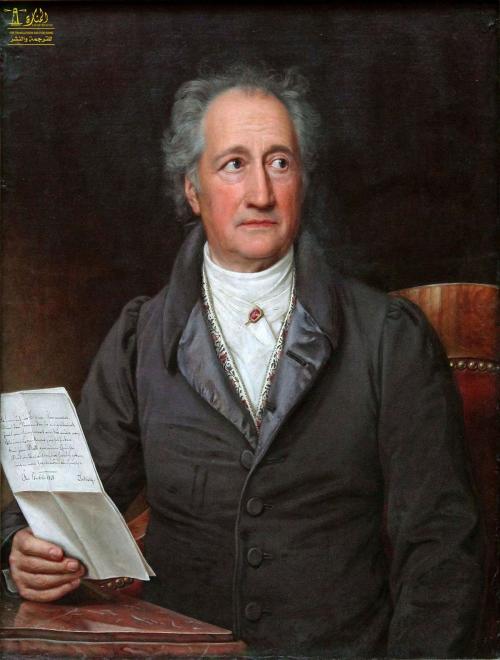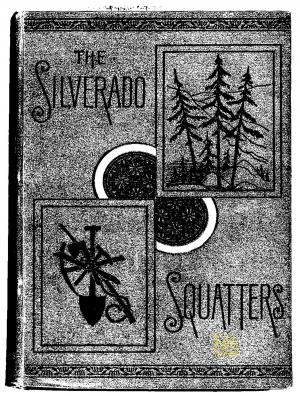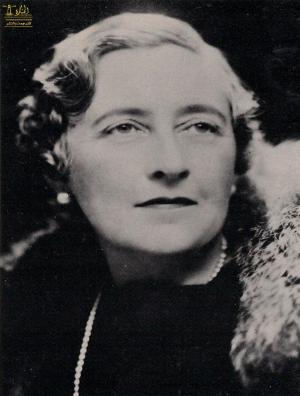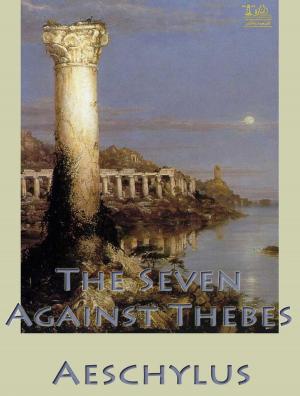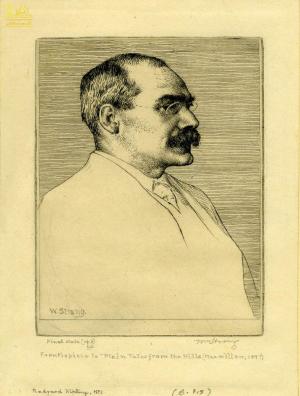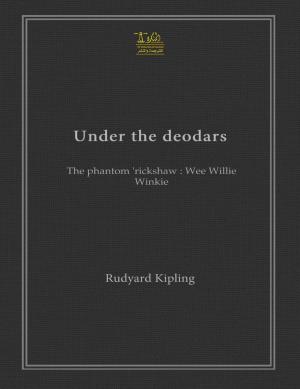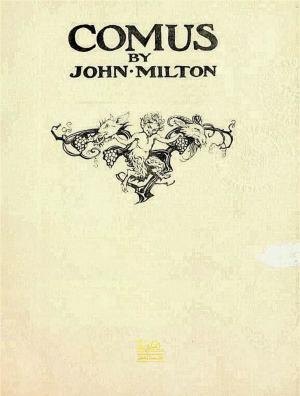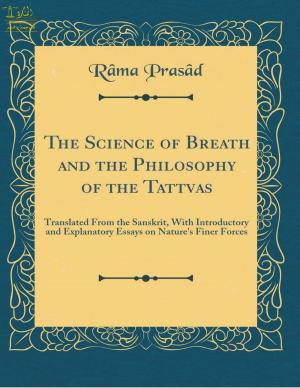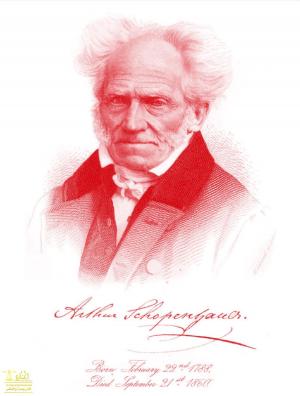| Author: | Johann Wolfgang von Goethe, Isabelle Hall | ISBN: | 9783593301815 |
| Publisher: | Lighthouse Books for Translation Publishing | Publication: | March 7, 2019 |
| Imprint: | Lighthouse Books for Translation and Publishing | Language: | English |
| Author: | Johann Wolfgang von Goethe, Isabelle Hall |
| ISBN: | 9783593301815 |
| Publisher: | Lighthouse Books for Translation Publishing |
| Publication: | March 7, 2019 |
| Imprint: | Lighthouse Books for Translation and Publishing |
| Language: | English |
Johann Wolfgang von Goethe, (born August 28, 1749, Frankfurt am Main [Germany]—died March 22, 1832, Weimar, Saxe-Weimar), German poet, playwright, novelist, scientist, statesman, theatre director, critic, and amateur artist, considered the greatest German literary figure of the modern era.
Goethe is the only German literary figure whose range and international standing equal those of Germany’s supreme philosophers (who have often drawn on his works and ideas) and composers (who have often set his works to music). In the literary culture of the German-speaking countries, he has had so dominant a position that, since the end of the 18th century, his writings have been described as “classical.” In a European perspective he appears as the central and unsurpassed representative of the Romantic movement, broadly understood. He could be said to stand in the same relation to the culture of the era that began with the Enlightenment and continues to the present day as William Shakespeare does to the culture of the Renaissance and Dante to the culture of the High Middle Ages. His Faust, though eminently stageworthy when suitably edited, is also Europe’s greatest long poem since John Milton’s Paradise Lost, if not since Dante’s The Divine Comedy.
This collection includes:
I. Introduction
II. Faust
III. Erotica Romana
IV. Faust; a Tragedy
V. Maxims and Reflections
VI. Iphigenia in Tauris
VII. Prefaces and Prologues to Famous Books
VIII. The Poems of Goethe
IX. Egmont
X. Letters from Switzerland and Travels in Italy
Johann Wolfgang von Goethe, (born August 28, 1749, Frankfurt am Main [Germany]—died March 22, 1832, Weimar, Saxe-Weimar), German poet, playwright, novelist, scientist, statesman, theatre director, critic, and amateur artist, considered the greatest German literary figure of the modern era.
Goethe is the only German literary figure whose range and international standing equal those of Germany’s supreme philosophers (who have often drawn on his works and ideas) and composers (who have often set his works to music). In the literary culture of the German-speaking countries, he has had so dominant a position that, since the end of the 18th century, his writings have been described as “classical.” In a European perspective he appears as the central and unsurpassed representative of the Romantic movement, broadly understood. He could be said to stand in the same relation to the culture of the era that began with the Enlightenment and continues to the present day as William Shakespeare does to the culture of the Renaissance and Dante to the culture of the High Middle Ages. His Faust, though eminently stageworthy when suitably edited, is also Europe’s greatest long poem since John Milton’s Paradise Lost, if not since Dante’s The Divine Comedy.
This collection includes:
I. Introduction
II. Faust
III. Erotica Romana
IV. Faust; a Tragedy
V. Maxims and Reflections
VI. Iphigenia in Tauris
VII. Prefaces and Prologues to Famous Books
VIII. The Poems of Goethe
IX. Egmont
X. Letters from Switzerland and Travels in Italy
